“Why not come over to Ireland to participate in our ‘Changing Landscapes’ conference and summer school”. And so I headed west – while diverting on the way to garner some relevant field intel.
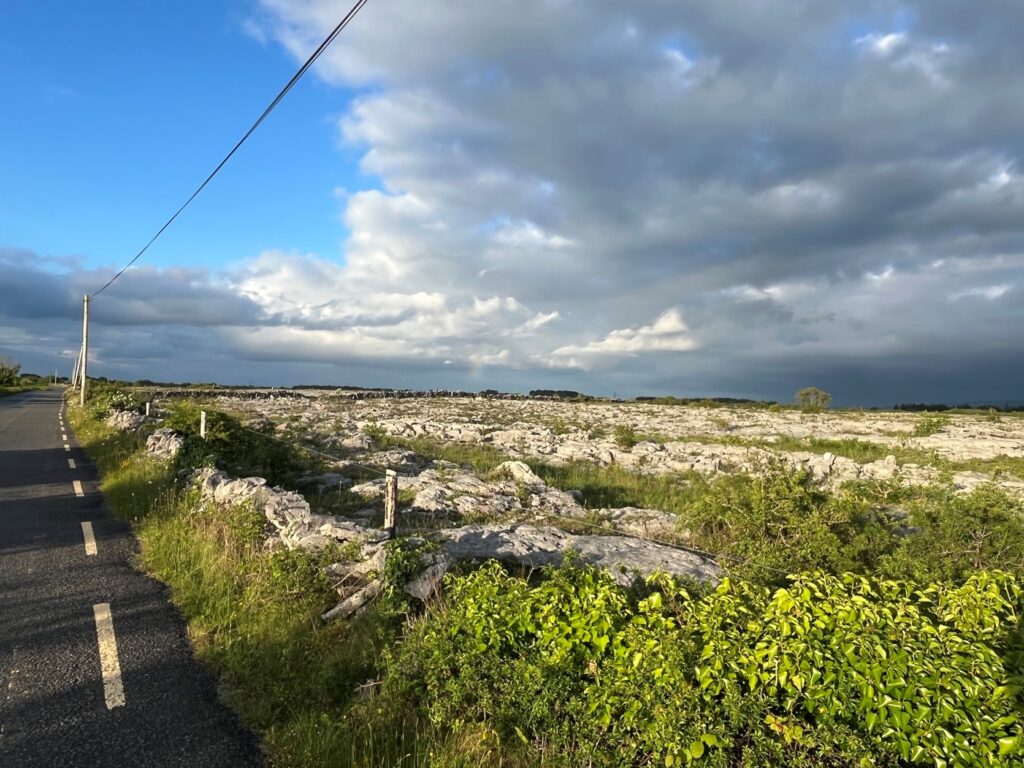
Rocky terrain
I probably overinvest in ‘field intel’. To visit people on their own turf helps glean information as to what they really think, as well as gain context as to ‘backstories’ pertinent to forthcoming discussions. It can be exhausting, adds mileage, involves biscuit gifts, can be socially risky but is worth it. In spades. A tool to help frame better conversations between interested parties, often with different values but common interests, against a backdrop of shifting contested narratives all within the same space.
Fresh space
You could tell that the organisers** had spent time with contributors at the event beforehand. Just by the hubbub, the way people greeted each other. Trust had been earned, freedom provided to voice views (however tricky) with inclusive drink and food laid on. In a rapid ‘call to action’ world, the time to do this is so important. This enabled both the conference and summer school to coalesce a diversity of views across a wide range of topics within relatively ‘neutral spaces’
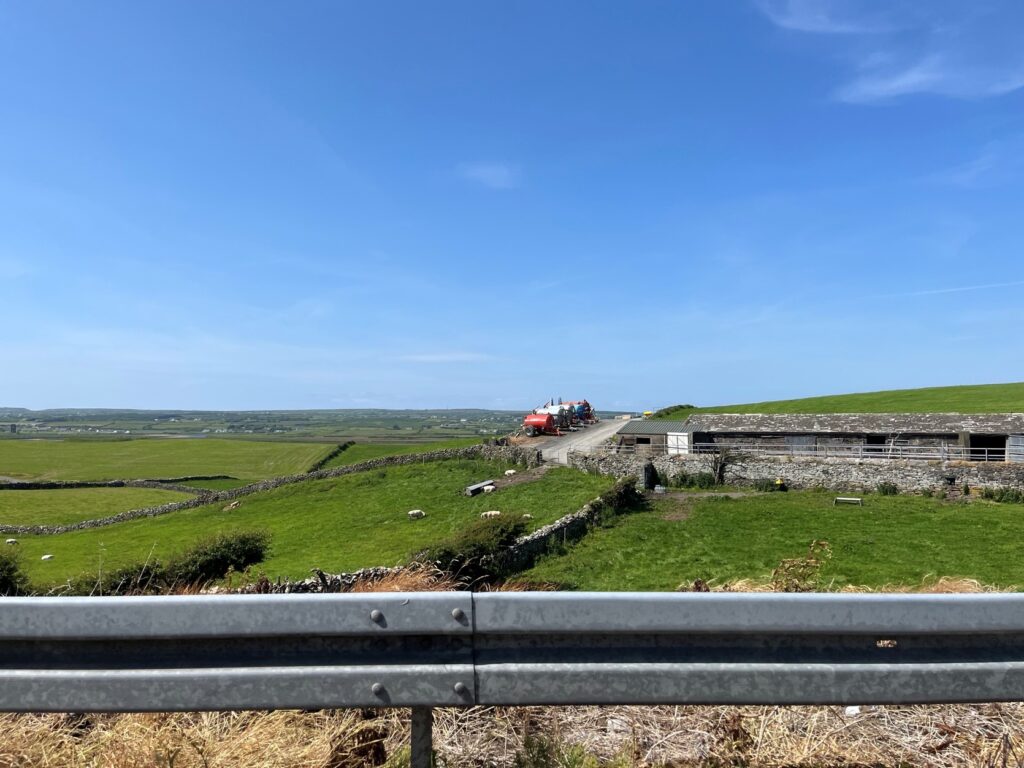
The ‘Changing Landscapes’ one day conference was born out of an arranged pub-based event (session). It brings together farmers, foresters, social scientists, architects, environmental activists, academics, natural capitalists (private money into rural sectors), rangers, hunters, land managers and more. It was a positive endorsement that the government had provided funds through Creative Ireland to help support the space and format for the event in its first year. What a start – what momentum to build on!
School of thought
The summer school is an annual event spread over a weekend where short work shops and ‘walk’n’talks’ are hosted in fields, woodland and in rooms. Mics matter: the relaxed layout of sessions enables and encourages interactive exchanges without judgement – a rare commodity in a polarised world. Other sessions are in the pub with food, a glass or two, accompanied by music and songs from locals. All helps build trust and authenticate context to the transition of change being embarked on.
Some context
Farming and forestry are primary industries which ‘compete’ with nature to ‘win/harvest/exploit’ resources of fuel, timber and food. Sugar-coating it doesn’t really help. Even organic farming knocks back nature (this walk across Transylvania in Romania lauds un-bucolic subsidence farming). An evolving ‘battle over the countryside‘ (itself a hackneyed problem-focussed phrase) consists of interested parties (stakeholders holding stakes?!) seeking to ‘own’ and dominate the narrative (and thus implicitly the solutions) which implicitly creates division within wider communities.
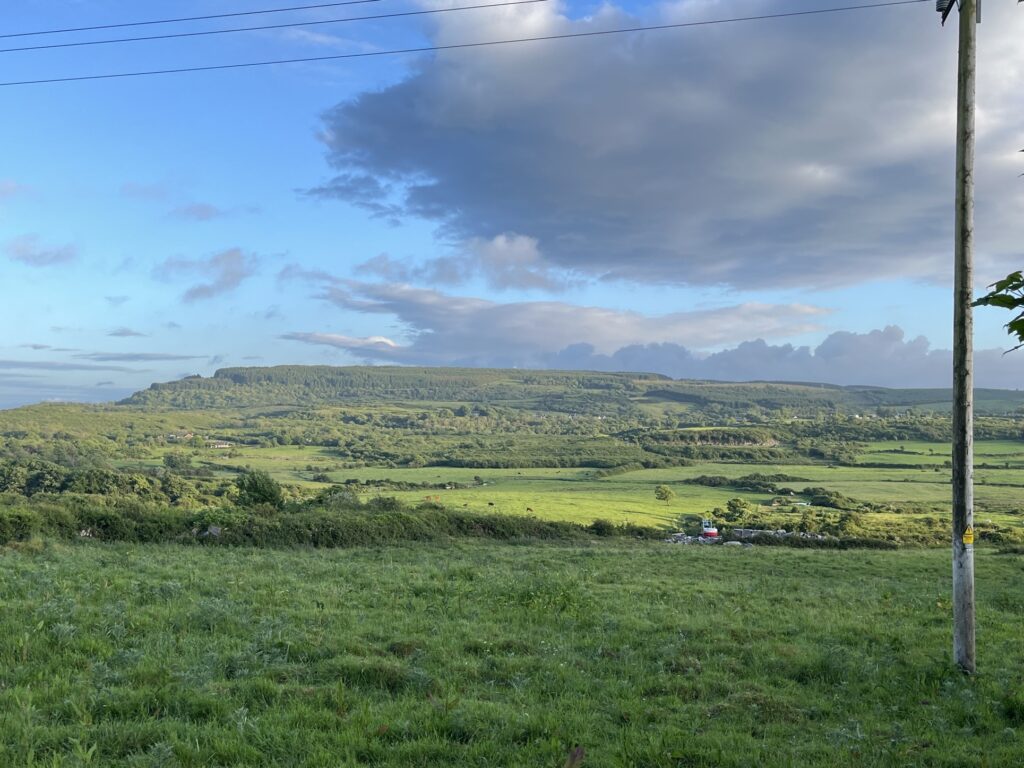
Exacerbated by the ‘natural flow’ of populations to urban areas (arguably a more environmental and economically sustainable model), we lose connection with the land, food and by default, nature. After years of CAP subsidy policies, even those working closer to the land have lost connection with nature.
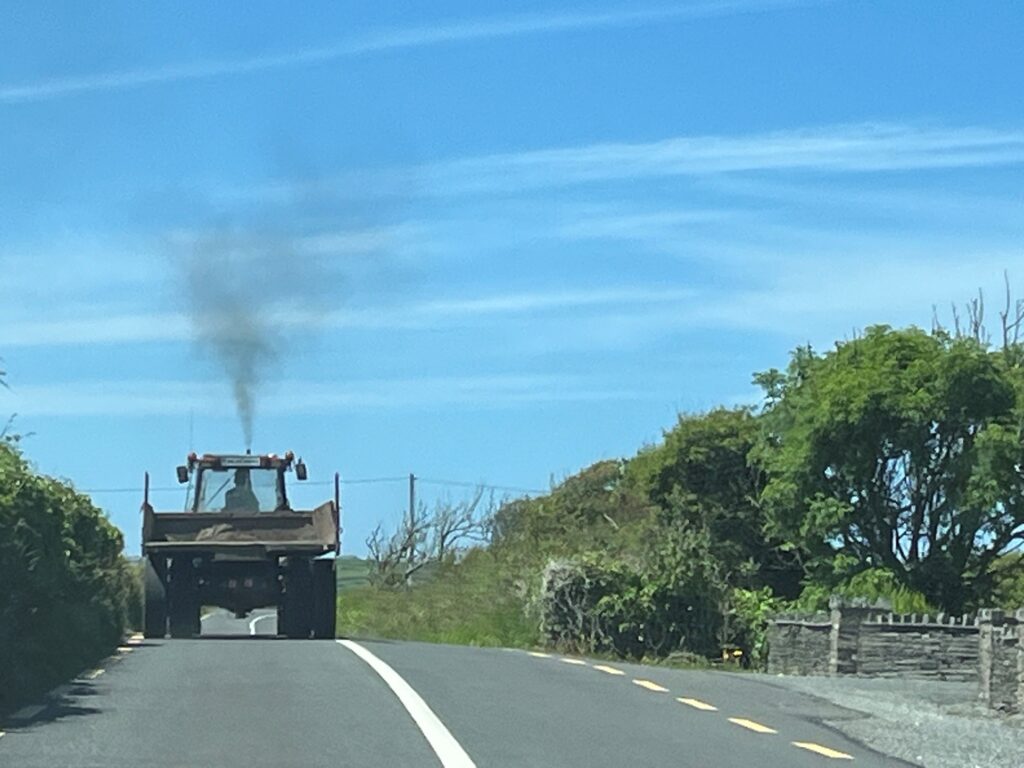
Power balance
Without context and connection, we can too easily lose traction.
Various ‘state of nature’ reports across Europe are compiled from a baseline baked out of historical rural industrialisation driven by past government sponsored policies. They drove land use efficiencies – often related to post-war fears of self-sufficiency of food and timber – resulting reports in dire reading which rightly highlight nature’s decline. This is not helped when the contents are leaked within context-free media briefings to the chagrin of land managers at remote kitchen tables often resulting in bridges (of trust) unknowingly and unintentionally burnt.
Outtake
The big take-home for me is about creating that value-judgement free space to build trust. This stuff doesn’t come in a book, on training courses, or by moral obligation, or online seminars, or reaching out on LinkedIn. But with social legwork and intuitive face-to-face networking.
Ireland, in my view, is uniquely fresh in the opportunity to frame some of these tough, gritty environment and land use issues in more inclusive ways. Leaving it to the usual ‘stakeholders’ (that term! itself is under scrutiny) or government text-book designed consultations, may not always cut it.
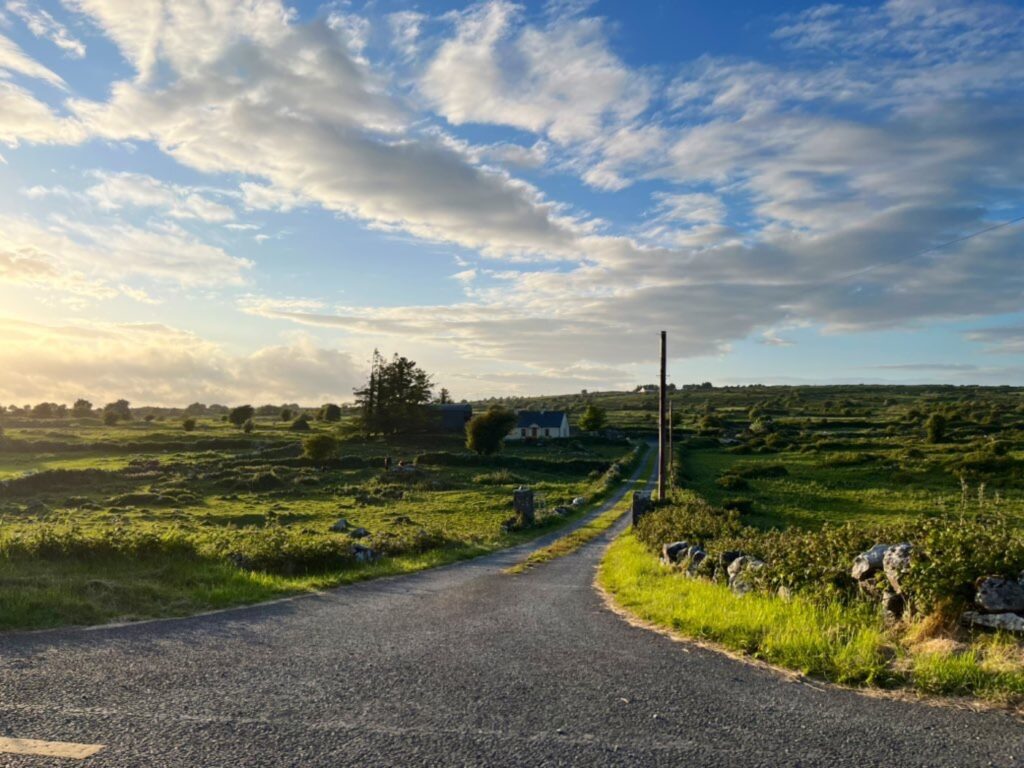
I may have invested too much emotion in this trip – as evidenced towards the end of this ‘Conservation Alliances’ workshop, perhaps exacerbating an existing tendency towards ‘wild-coast-thinking’. The pictures on the blog provide a flavour of stuff not always found in conservation evidence books, or even social science research papers. Yes, of course we still require that research. But let’s the locate the flexibility to explore all the ways of this passage to resilience and restoration.
The Burren project gave a sniff of what can be done: with farmers, gun clubs work with conservationists; environmentalists with land managers, and commercial timber interests co-existence with Wild Atlantic woodlands.
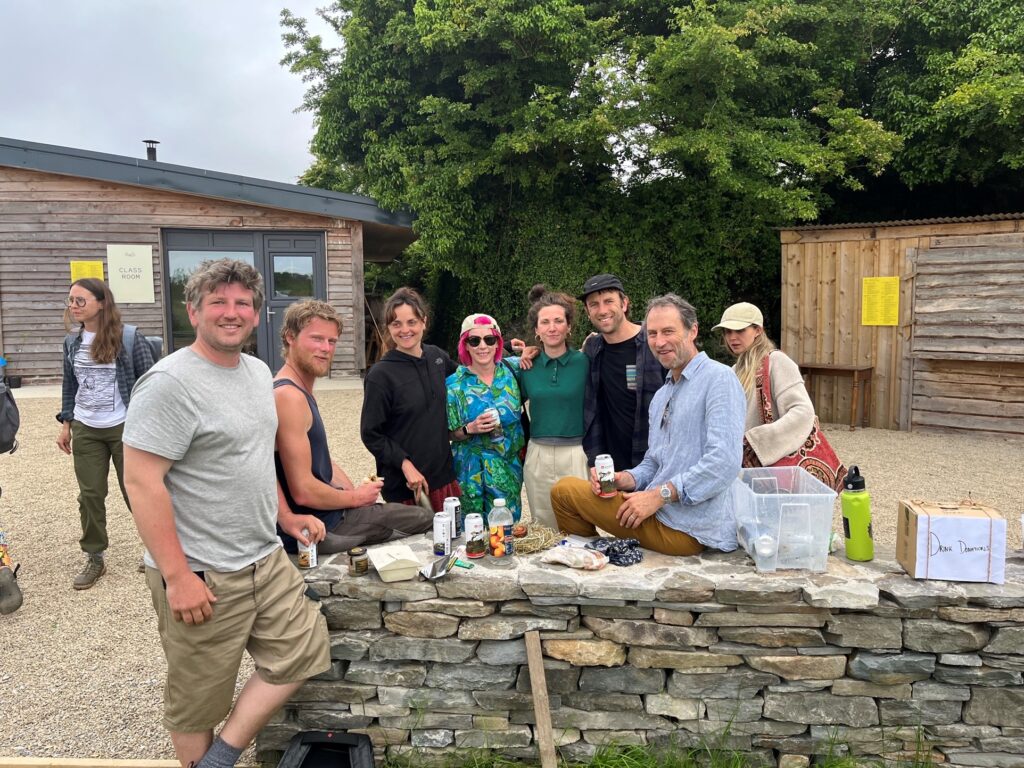
Learning from this, I see an opportunity for Ireland to build bridges, bravely undertake a ‘truth and reconciliation’ journey, to work closer together, with the ‘right people’ for the job, in compiling environmental data to bolster evidence for optimising land use by adopting pragmatic management practices on the ground.
And some of those quiet, or loud, conversations in the pub might just be one way to build that trust.
“A fo ben, bid bont” (if you want to be a leader, be a bridge)
welsh proverb
addendum: this is an adaptive blog and may be updated at any time (links to pics added, Jan 25). Do leave a comment, thanks. A return west, to for the conf in 2025, incl a 90sec vlog on the Burren.
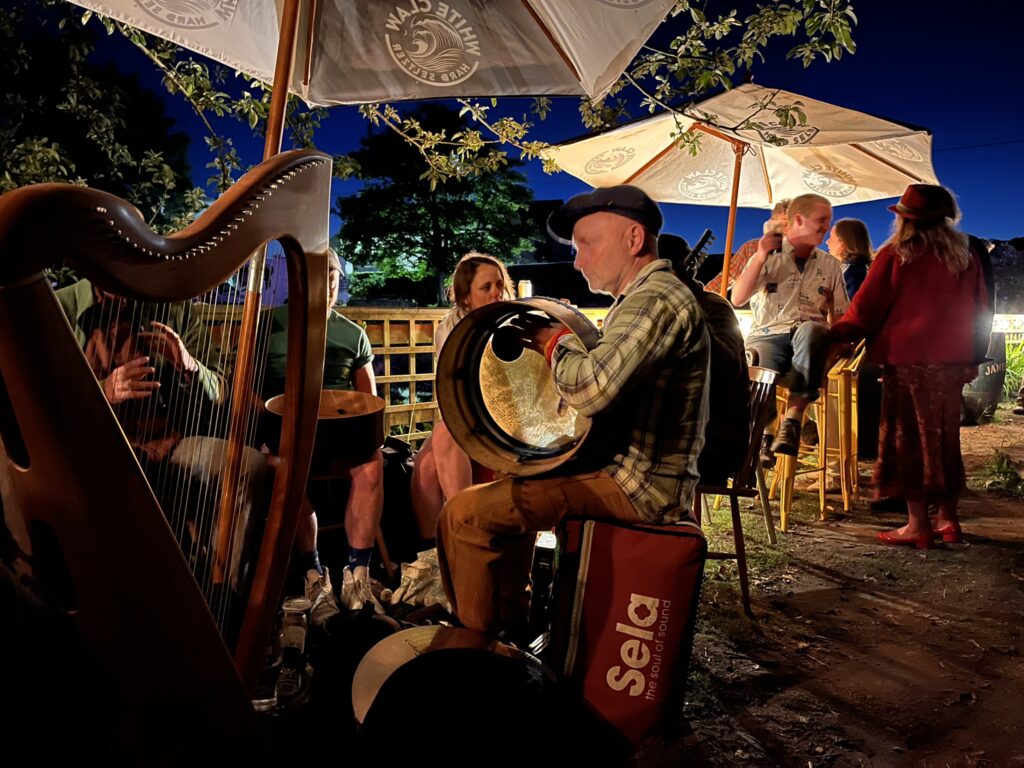
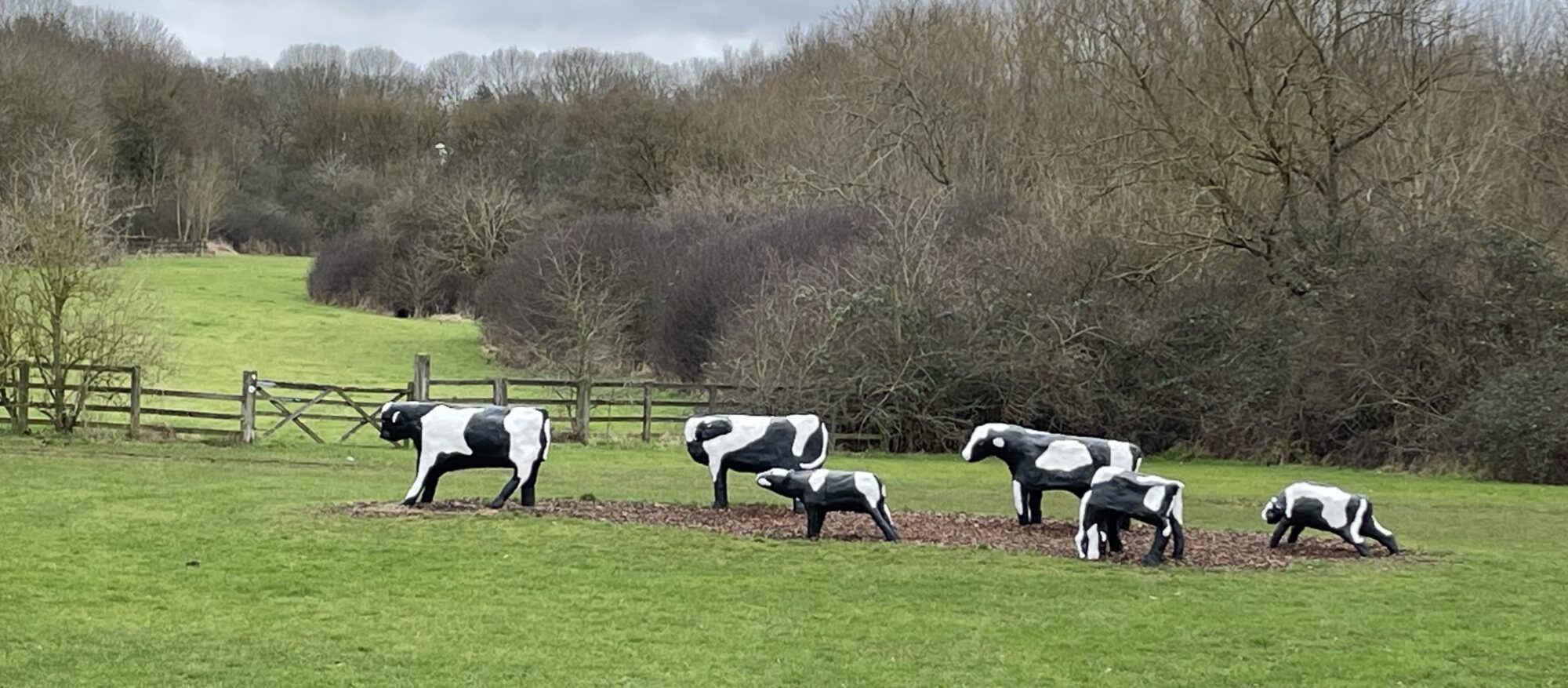
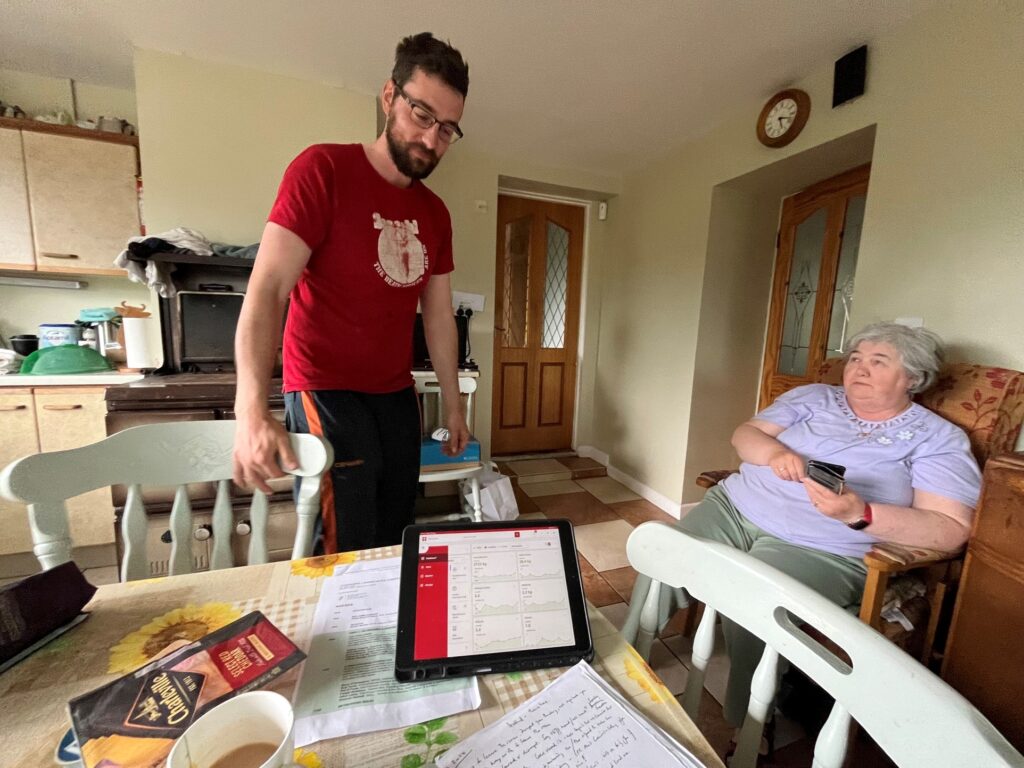
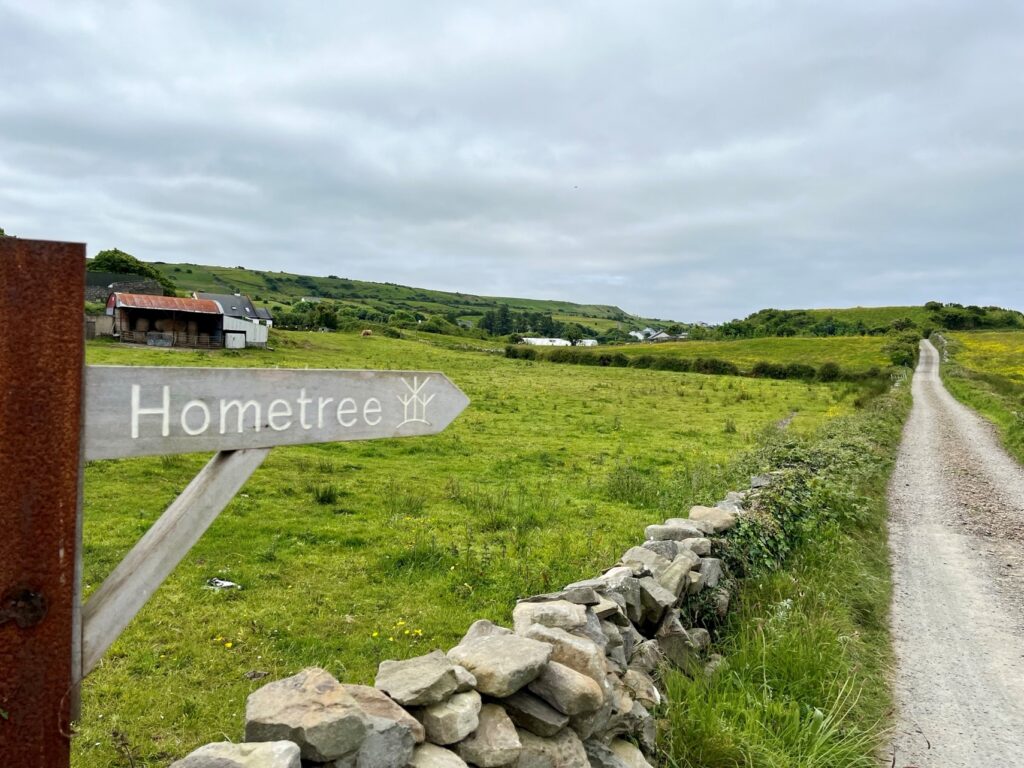
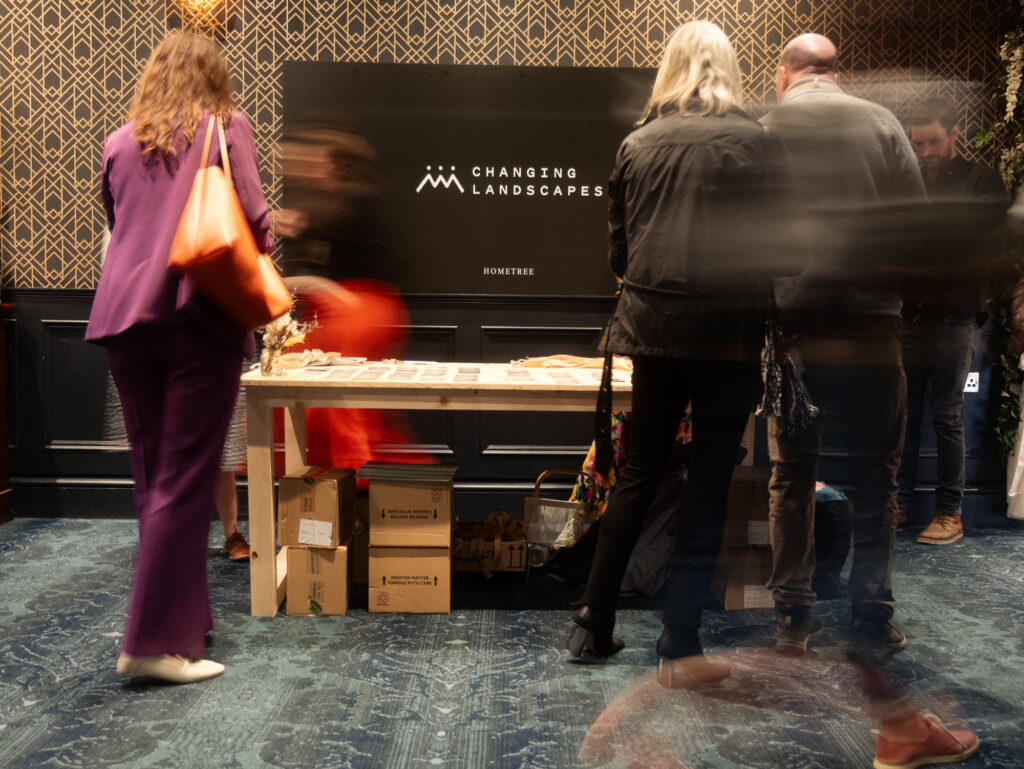
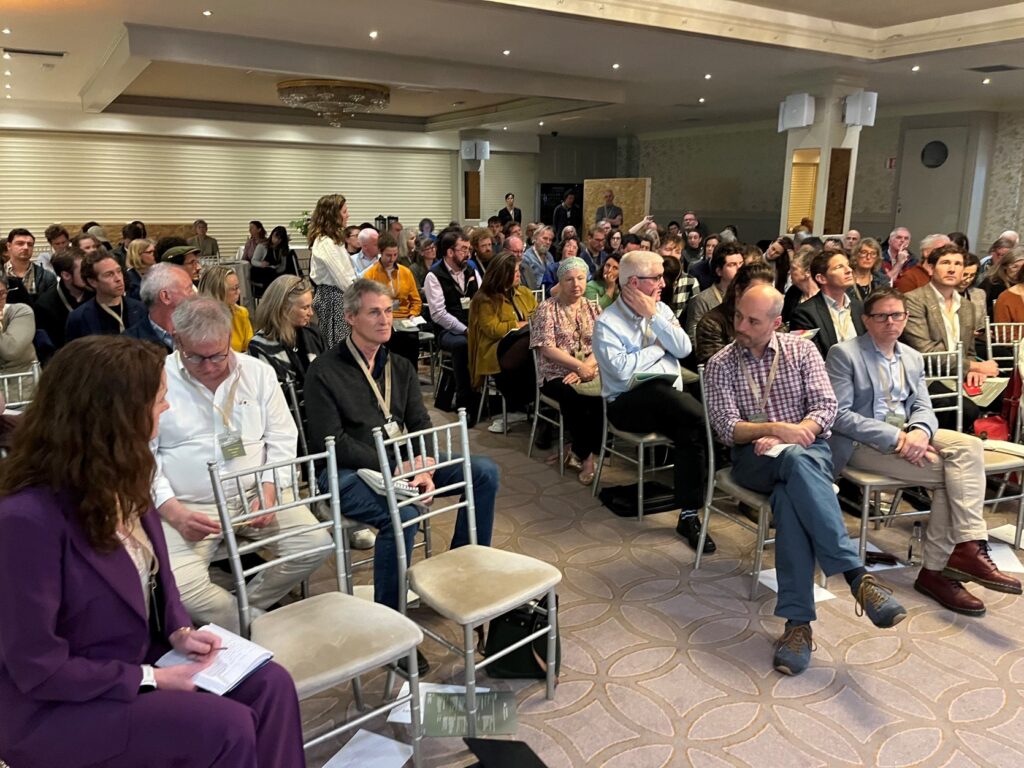
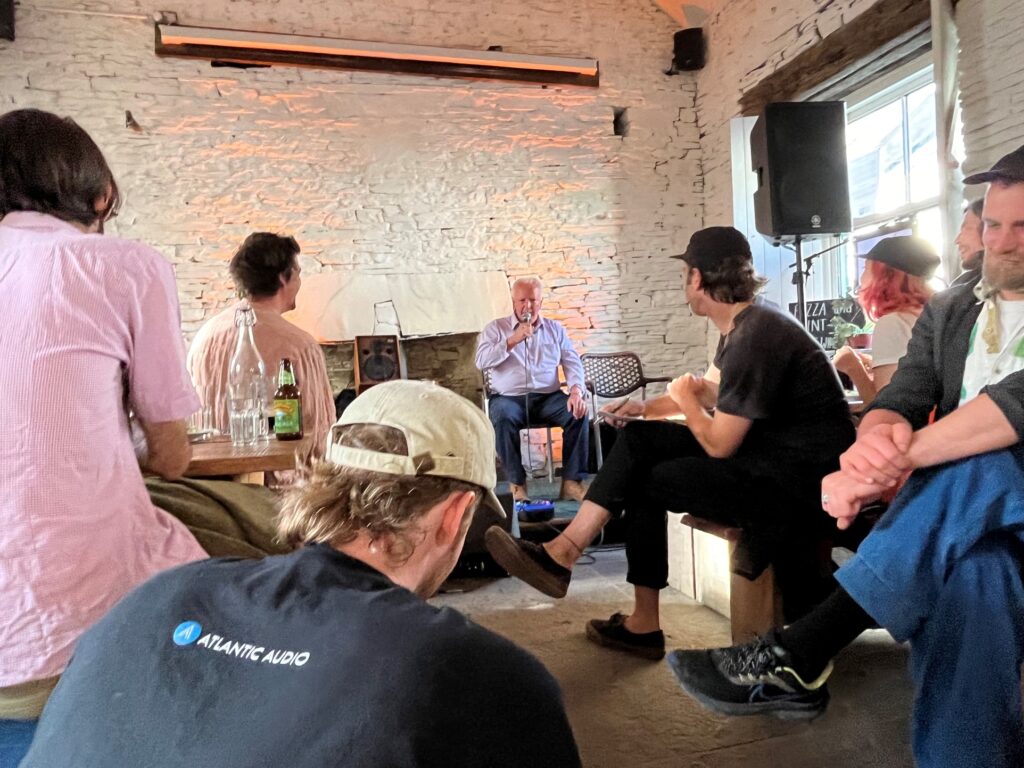
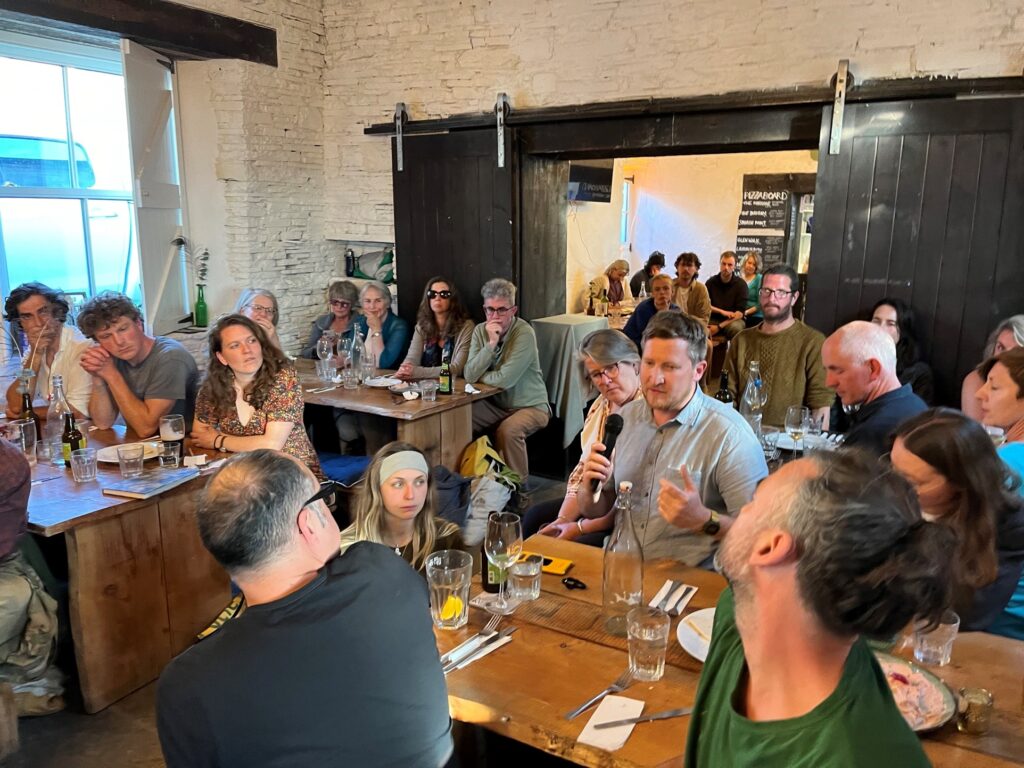
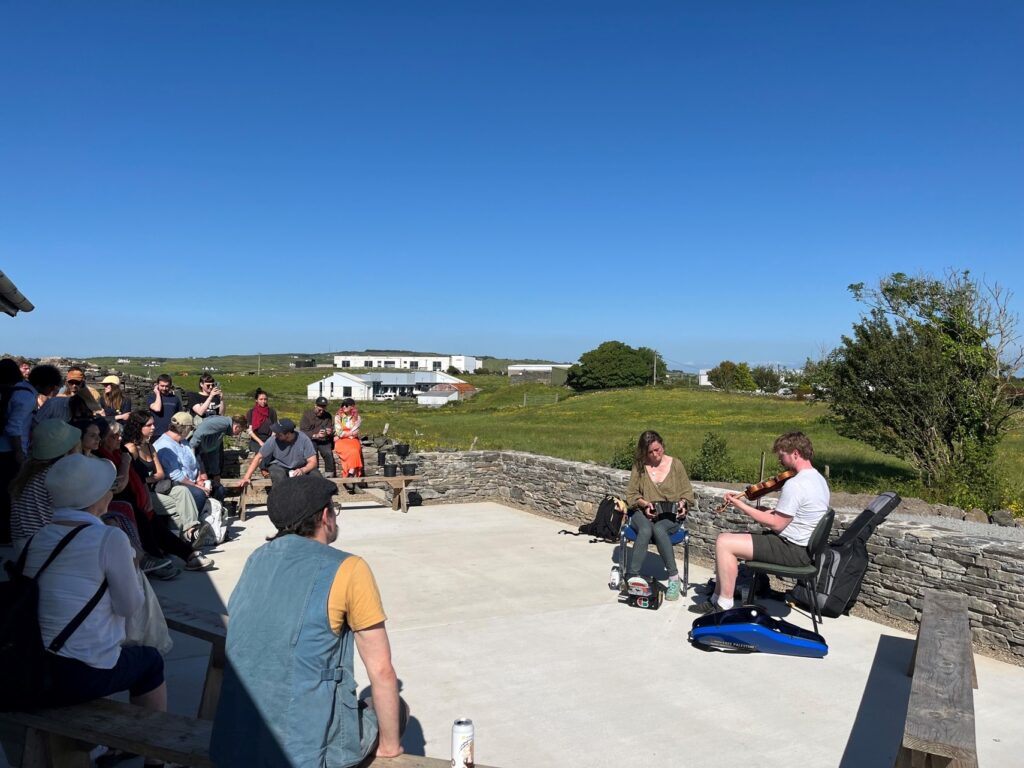
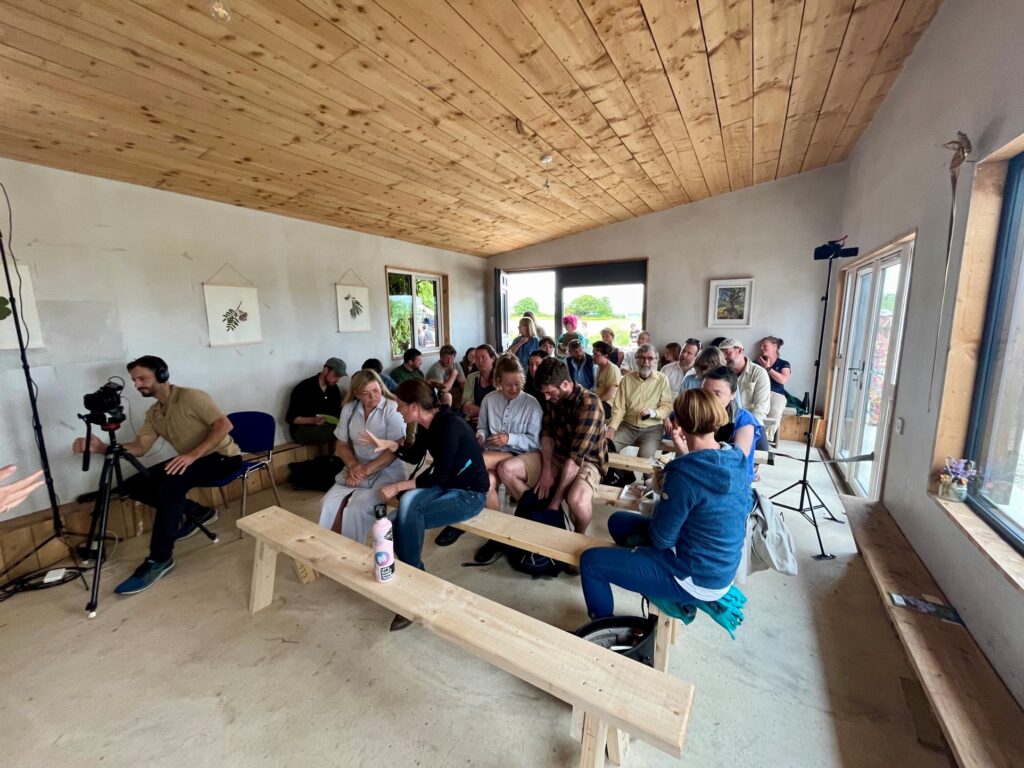
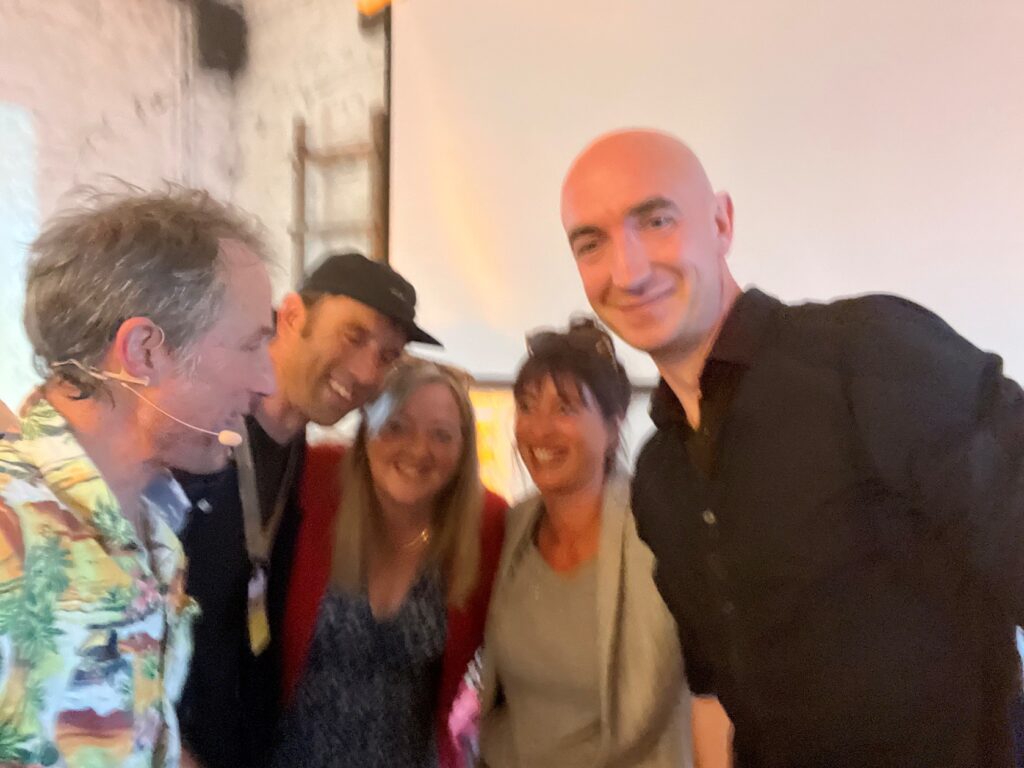
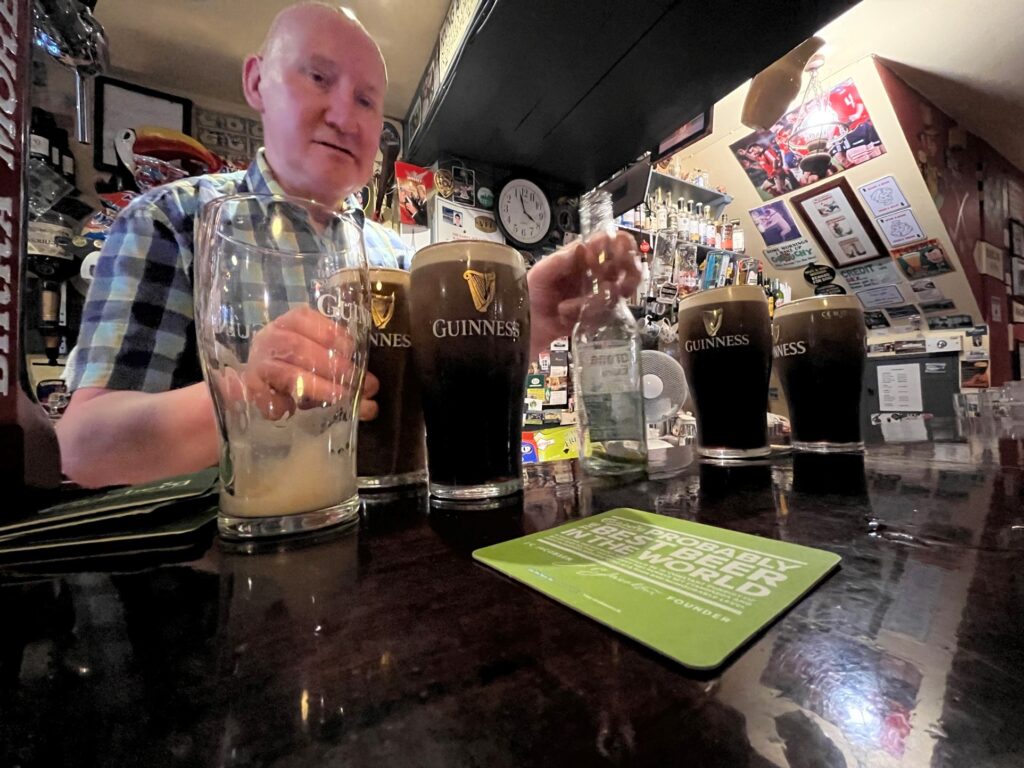
Thanks Rob. This process of trust building, so central to human endeavours, is really an elusive thing, with little in the way of a prescription. Anyway, we shall fumble along….